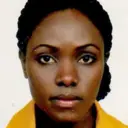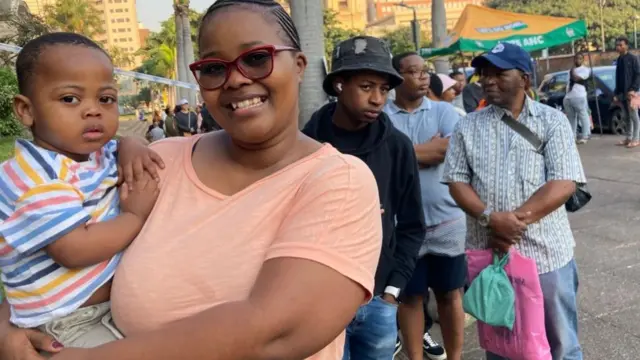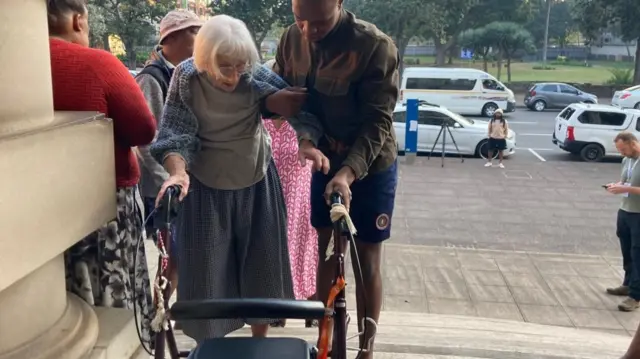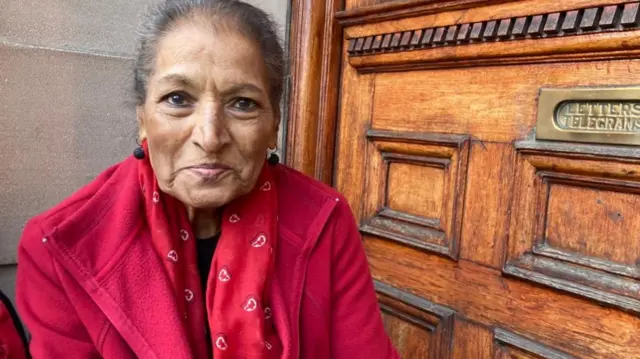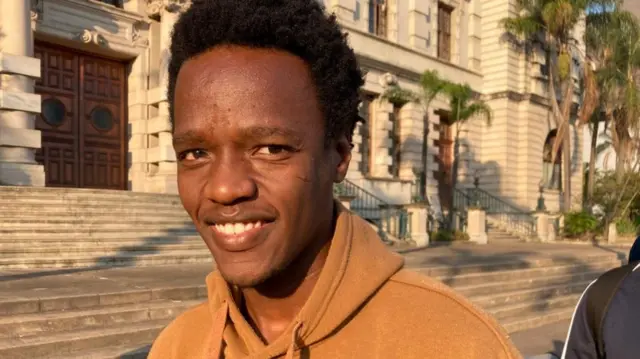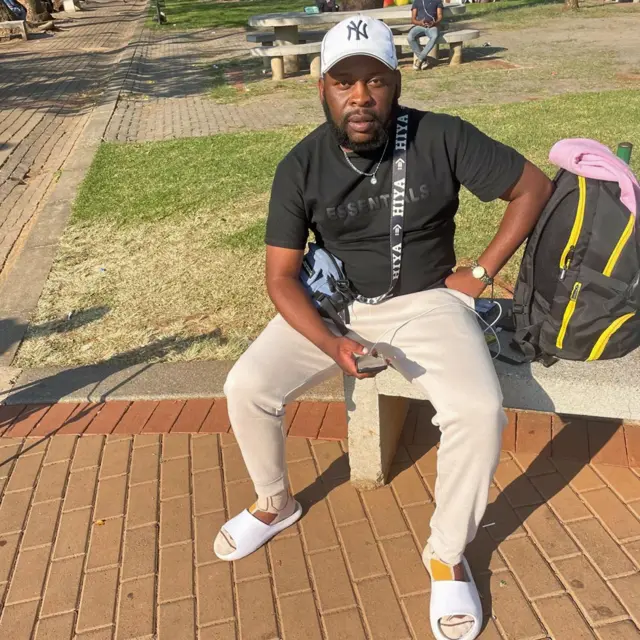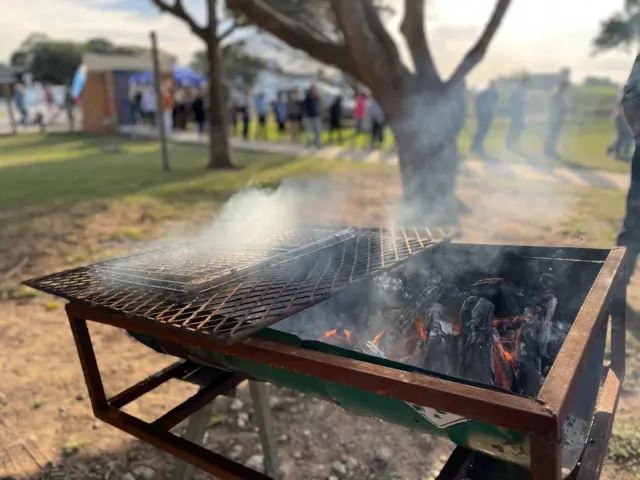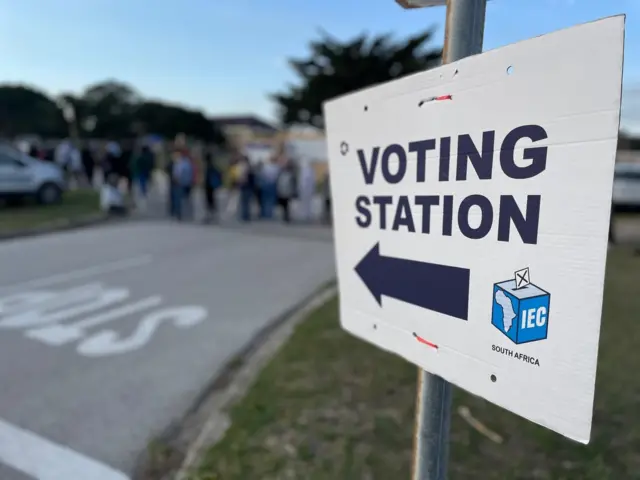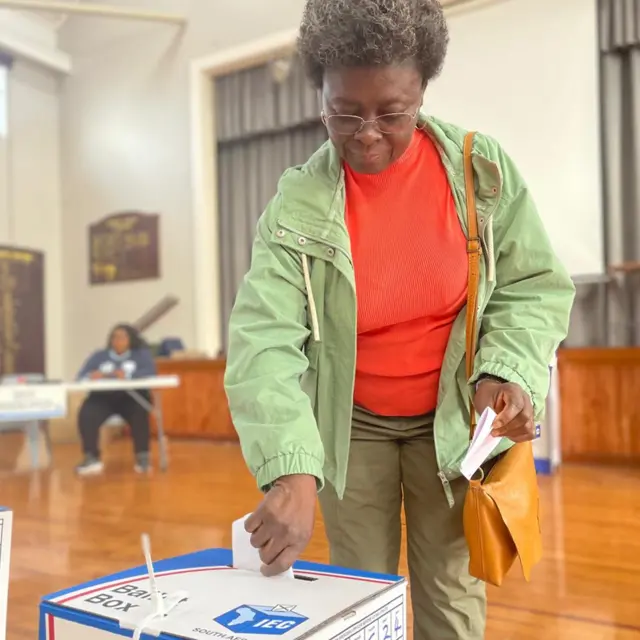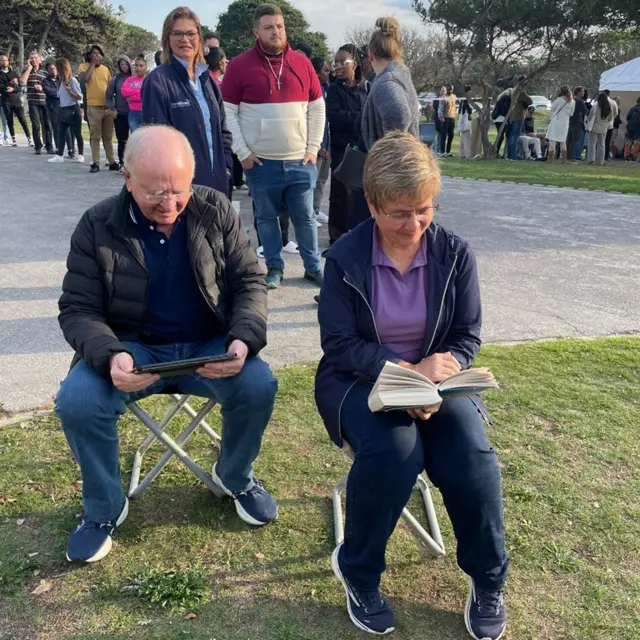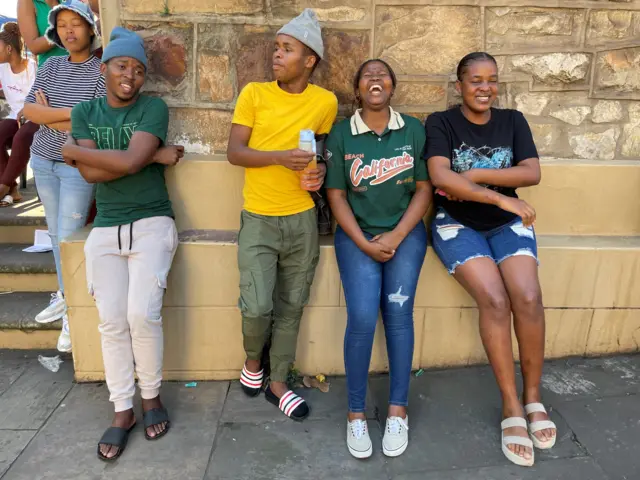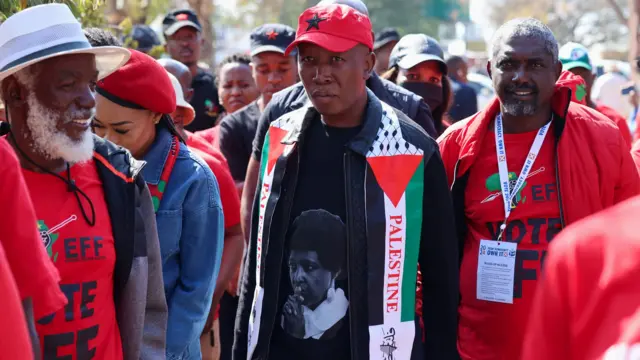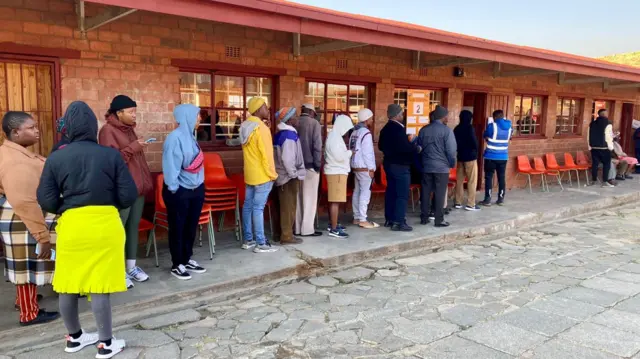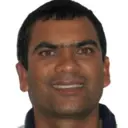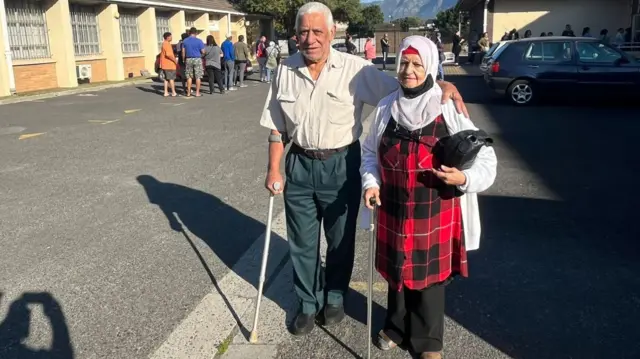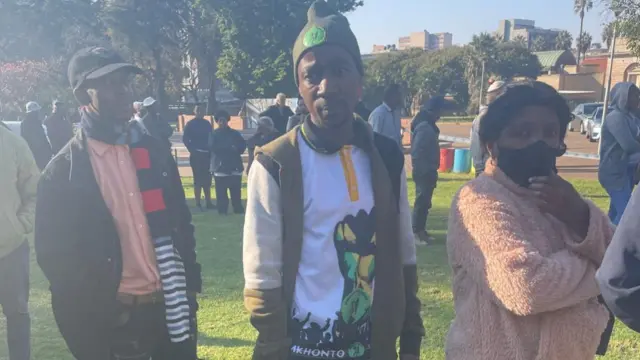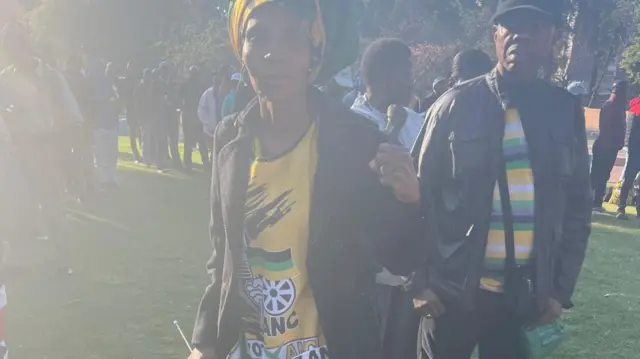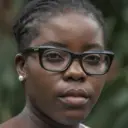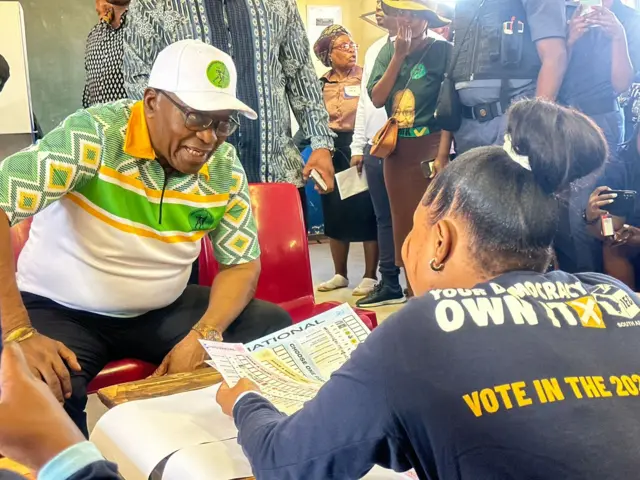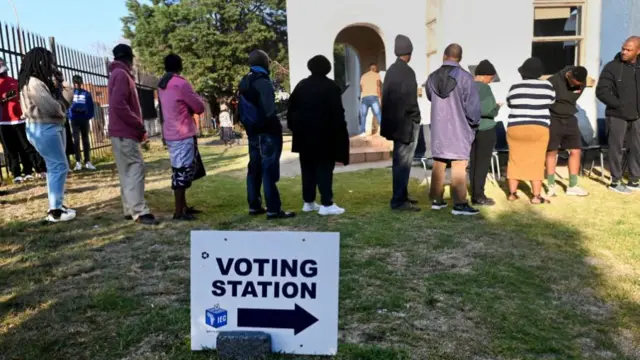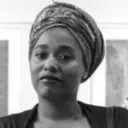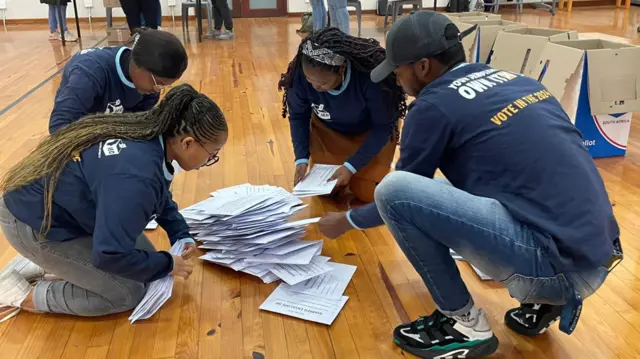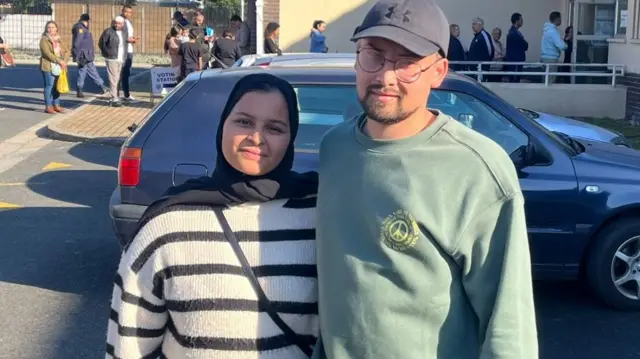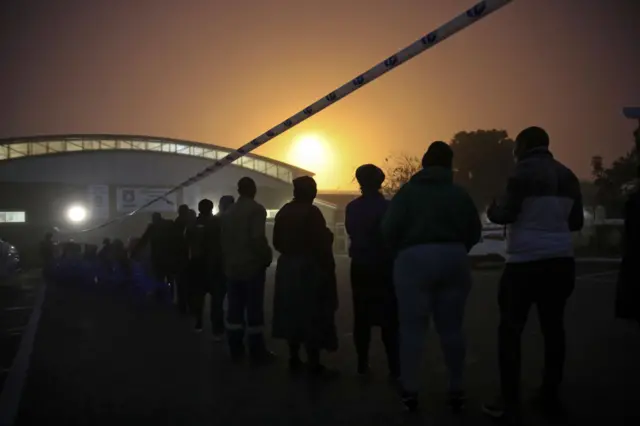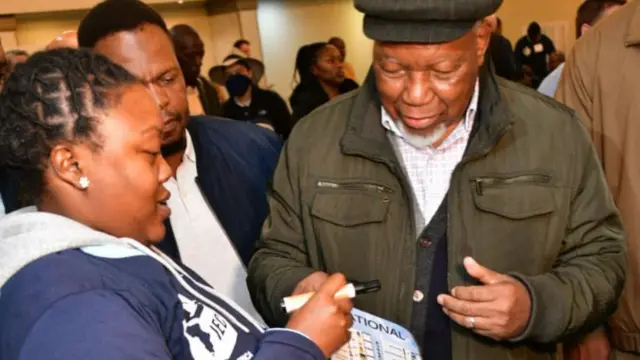'Freedom is great but we need to tackle corruption'published at 16:17 BST 29 May 2024
Farouk Chothia
BBC News, Johannesburg
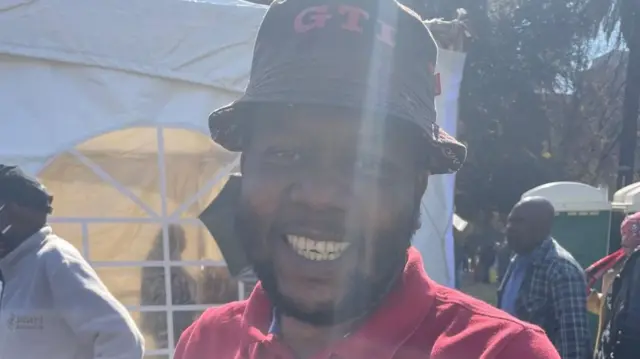
Sifiso Buthelezi remembers voting in the momentous 1994 election at the age of 18
Standing in a snaking voting queue at Joubert Park - the biggest polling station in South Africa - Sifiso Buthelezi reminisces of how black people like him voted in 1994, heralding the end of the racist system of apartheid.
He was then an 18-year-old living near Nongoma - the seat of the Zulu king in Kwa-Zulu-Natal.
Quote MessageIt is a rural area and we walked for one hour and 20 minutes to the polling station. But we were not tired because we were a group - and it was more of a march to our freedom."
He tells me he now lives in a flat just two blocks from Joubert Park in Johannesburg, working as a security officer.
Quote MessageDuring apartheid, this was a whites-only area. But when apartheid ended most white people moved out. There are very few of them living here now. Most of the residents are black people."
Mr Buthelezi feels that today's vote is as precious as the one 30 years back.
“We achieved our freedom and we still got it. That’s the important thing,” he tells me, adding that his main concern these days is the widespread corruption in government.
“If that stops, we can have the money to fix things like the potholes on roads, and the water problem because sometimes we don’t have water for a week."
